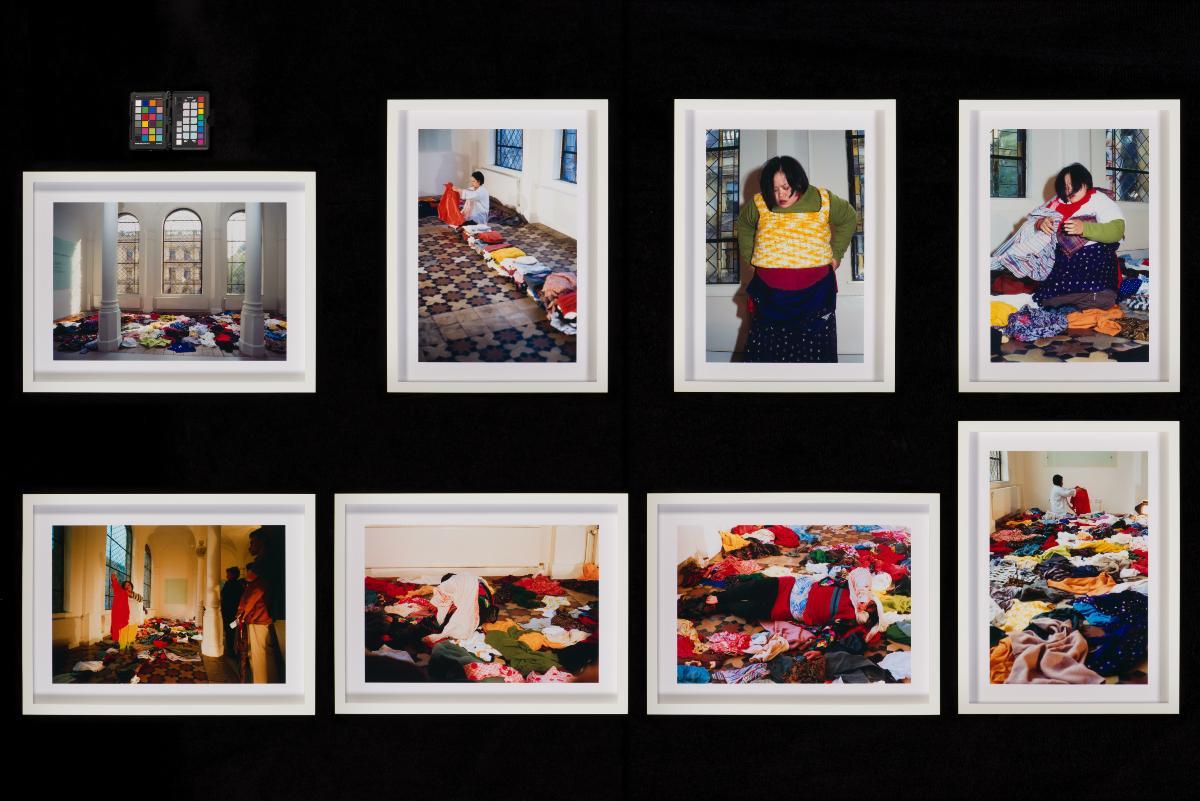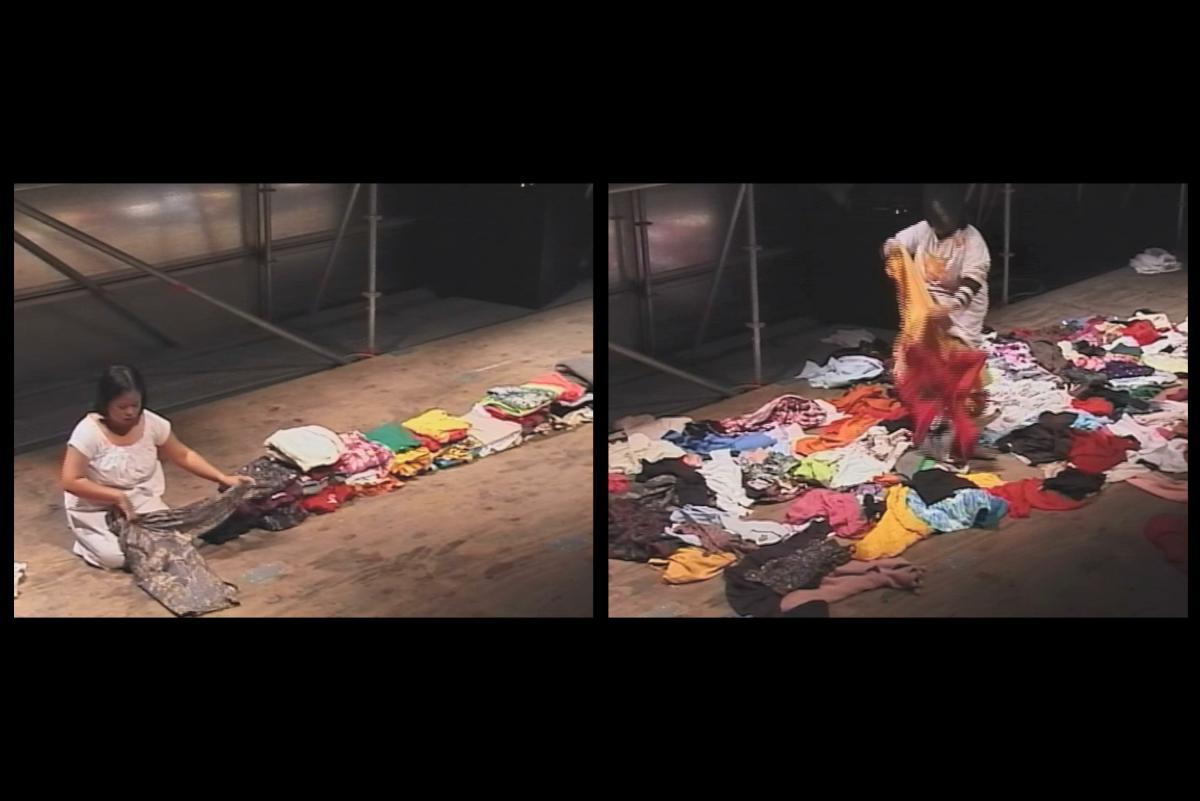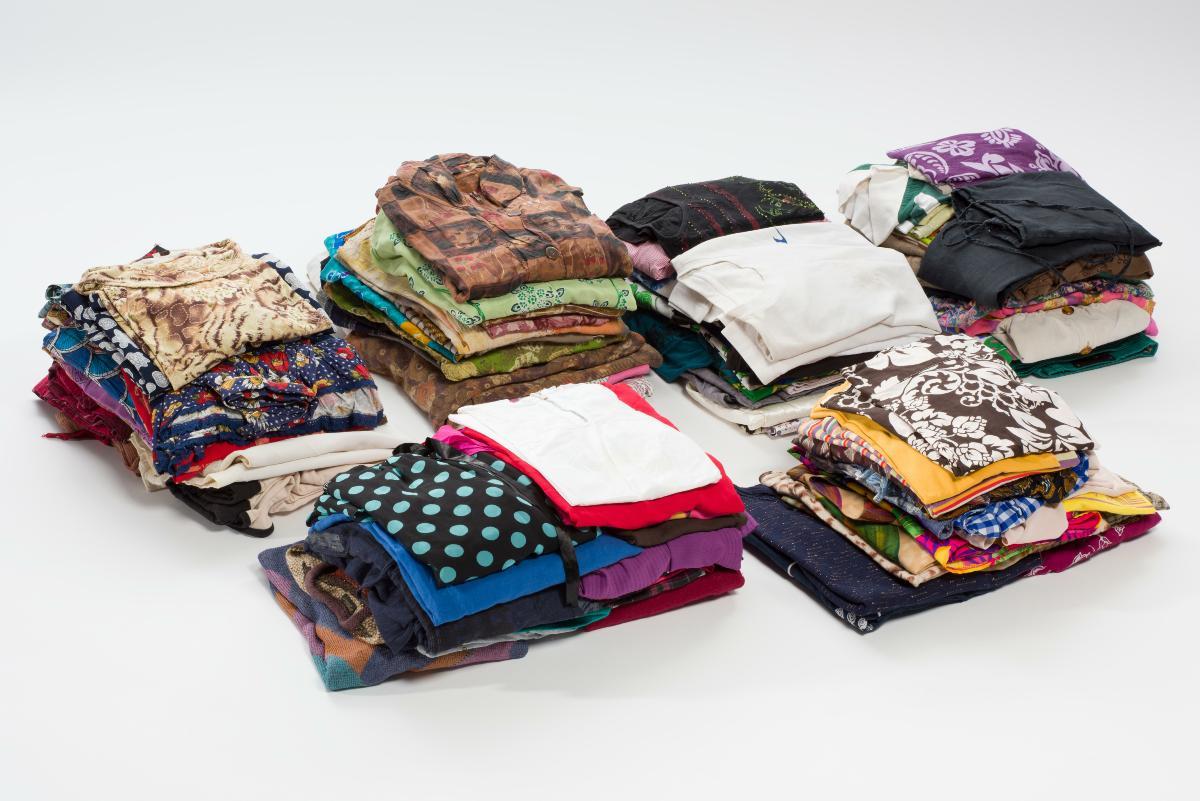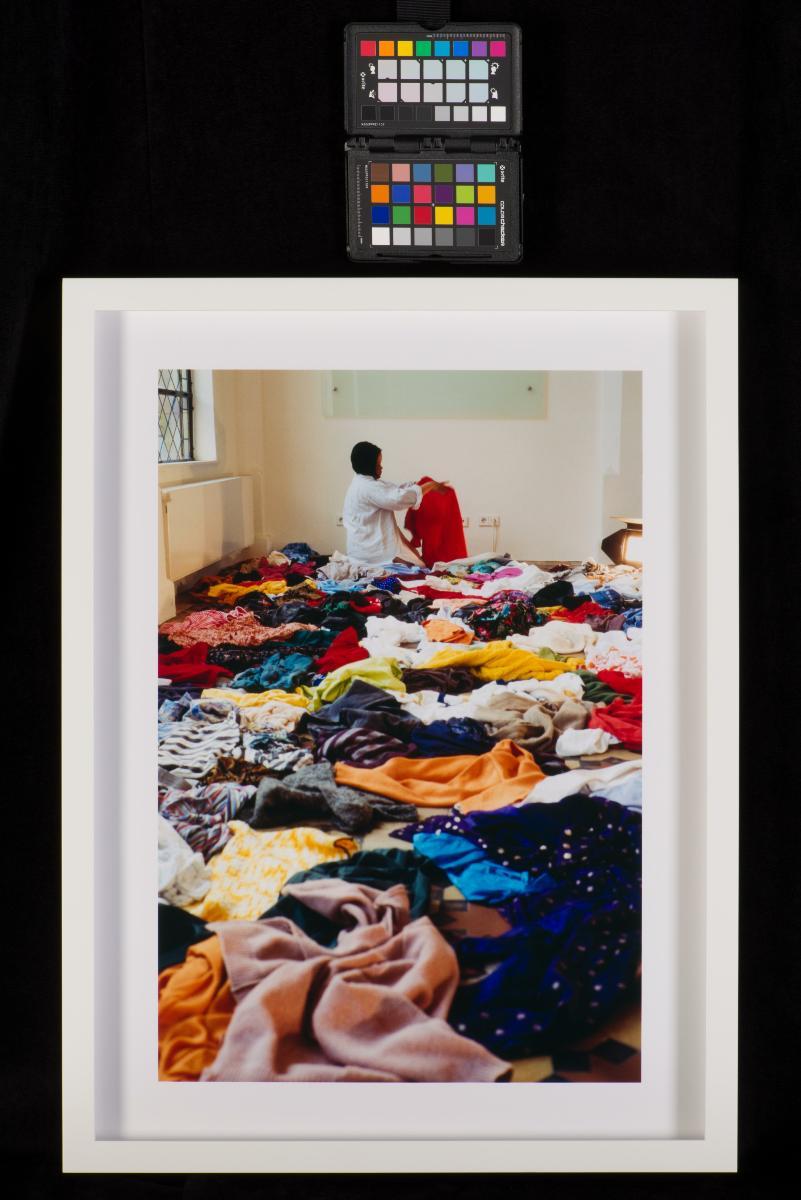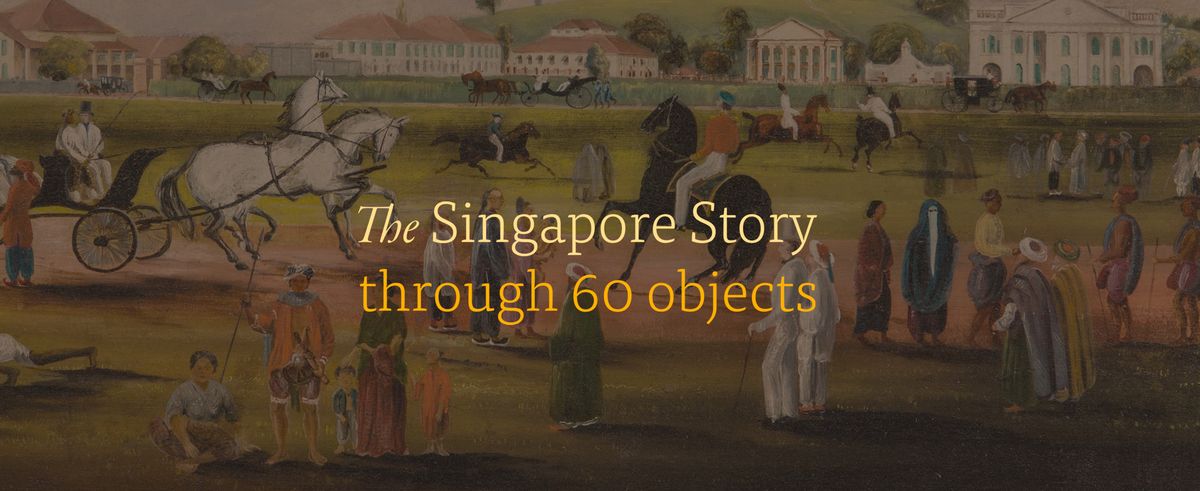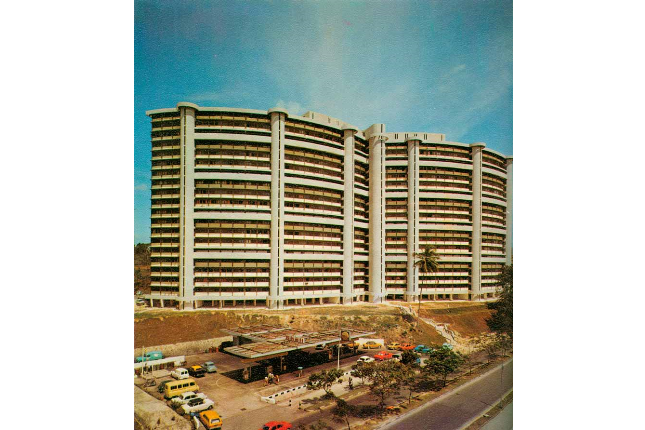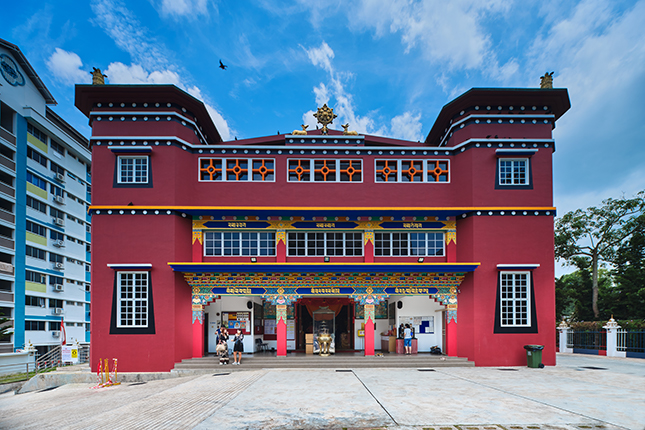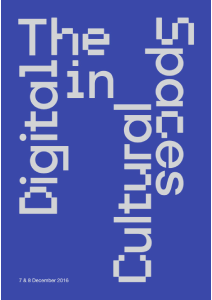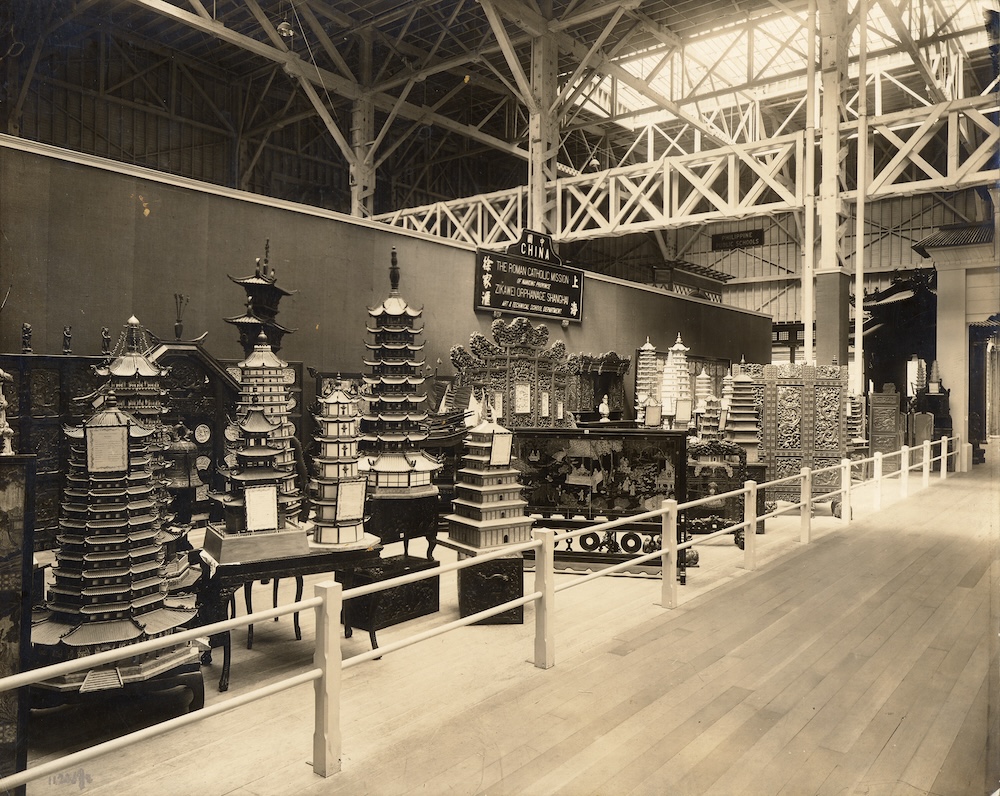Melati Suryodarmo (born 12 July 1969 in Surakarta [Solo], Indonesia), is an internationally known female performance artist and is one of the strongest performers of her generation in the country, having also recently been profiled by the New York Times. She is a familiar name in the performance art circuits and has been presenting her work in various international festivals and exhibitions since 1996. Melati works across various disciplines such as performance, video, photography and installation. She first studied International Relations at the Universitas Padjadjaran in Bandung, Indonesia, in 1993. And then in 1994, she left for Braunschweig, Germany to study performance art and sculpture at the Hochschule fuer Bildende Kuenste under Profs. Anzu Furukawa (a Japanese Butoh dancer) and Marina Abramovic (a world-renowned Serbian performance artist), where she obtained her BFA in 2001 and later her postgraduate degree in 2002. Melati’s father Suprapto Suryodarmo is a well-known dancer in Indonesia and is an exponent of Amerta, a meditative dance practice which he founded in the 1970s. Her late mother (d. 1987) was also a traditional Javanese dancer. She currently lives and works in both Surakarta, Indonesia, and Gross Gleidingen, Germany. In the last six years, Melati has been showing her work more frequently in Indonesia and Southeast Asia. And in Solo since 2007, she organises and directs the annual Performance Art Laboratory Project for the Padepokan Lemah Putih (which her father founded to teach the Amerta movement in Java) and also the performance art event “Undisclosed Territory”.Der Sekundentraum was performed for the first time in 1998 in Hannover Germany. This work was inspired by the cultural confrontation that the artist had to deal with as a foreigner and recent migrant to Germany. It represents her own frantic efforts at finding an identity and fitting in. Hundreds of clothes which she had personally bought and collected from flea markets in Germany (which were sold by the kilo) during her first years of migration reflect the ambiguity, doubts, displacements and replacements of cultural memory and affect. In the performance, she folded and piled the clothes, messed them up again and put on one by one until she could not move anymore. To Melati, she was dealing with a system which has included her into a kind of preset behaviour. But since moving to another country, she had to give them up and start again from the beginning. The work refers to the accumulation of life stories , experiences and situations that create rules they later destroy.





